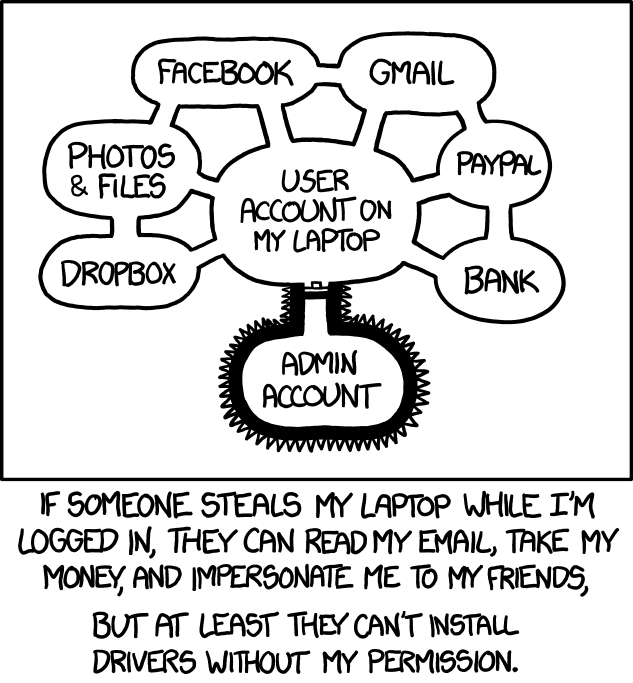I used a sentence from the article as the title since I felt it represented the actual issue better, let me know if I should change it.
Essentially, Snap Store has basically no restrictions on publishing new applications, allowing for scammers to impersonate legitimate applications. In this case (and several times in the past) the target was a cryptocurrency wallet, resulting in ~$490,000 worth of bitcoin being stolen.
The “Safe” rating reminds me of this xkcd:

(For comparison, it seems being proprietary is an automatic unsafe rating for any application, which could be considered too extreme in the other direction.)


Friends don’t let friends to use snap.
I used to love Ubuntu. But for many reasons, snaps among them, it no longer exists to me. It’s just Mint or Debian if I need something Ubuntu-like.
It’s not all bad. If the alternative is downloading binaries from a website then confined snaps are a great way to get software.
Snaps are not confined, they’re root-level system add-ons.
Flatpacks are slightly confined, they still get access to user data.
Android 10+ apps are confined, they have to ask for particular directory access… and users can still mess up and give them access to all their data. 🤷
Classic snaps are not and a lot of snaps are classic. That much is true. Some snaps are indeed confined though. See https://snapcraft.io/docs/snap-confinement